Swiss help Slovaks with rescue dog training
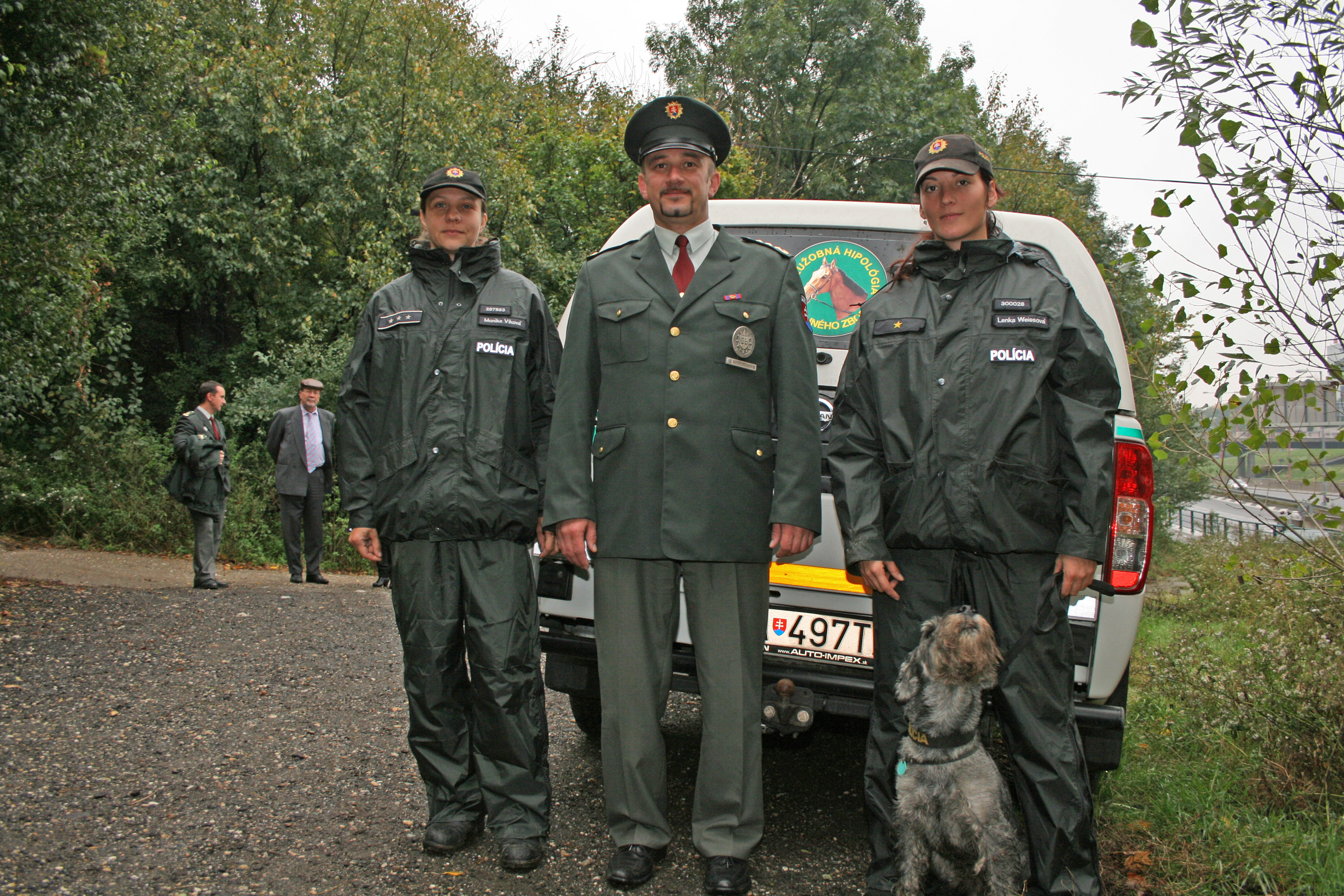
Natural disasters and rescue operations have been on the rise in Slovakia over the past decade, yet there is a lack of experience and supplies.
Funding from the Swiss enlargement contribution makes it possible to train rescue dogs and their handlers.
“Run, Hugo, run!”, commands police officer Monika Vikova – lovingly, but firmly – and with a spank on the behind. She takes off the leash, and Hugo, the nine-year-old schnauzer, barks loudly and hurries into the woods. There he is supposed to find a visitor who has hidden some 100 metres away.
Reluctant to get his clothes dirty, the visitor cannot quite bring himself to lie on the damp ground like an injured person. Hugo growls at him; he does not seem to like these test exercises with journalists. Rather, Hugo has been trained to identify casualties. He needs to be sure to have found people who are truly wounded, buried or exhausted.
The Slovak Centre for Rescue Dogs is located at the foot of a wooded hill near a motorway exit on the outskirts of Bratislava. There swissinfo.ch finds high gates, an old office building, and an aging and damp dog kennel – full of dozens of excitedly barking dogs, mostly black or yellow-beige German Shepherds. Police particularly like working with these dogs.
“This breed of dog is the only one that accepts commands from different people, which makes it easier to work in a team,” Milos Humensky, director of the rescue department of the Slovak police, told swissinfo.ch. Other breeds tend to be much more fixated on a single handler.
More rescue operations
Between 1998 and 2008, Slovakia recorded a quarter more rescue operations – some requiring rescue animals, others needing a fire department or emergency laboratory. Flooding was not the only problem affecting the country on the Danube. There has also been a sharp increase in the number of traffic and tunnel accidents.
As part of the Swiss enlargement contribution – approved in a national vote two years after the EU accession of new countries from central and eastern Europe – the Slovakian rescue services will receive financial support.
For example, the 50-year-old kennel building in Bratislava should be renovated and the dog handlers should receive training in cooperation with the Swiss Army’s centre for veterinary services and army animals.
International standards
As Humensky notes, Slovak rescuers are professionals rather than volunteers. For this reason, they strive for internationally recognised quality standards – “and these standards are awarded from Switzerland”. This also qualifies them to operate worldwide.
Since 2008, Switzerland has been able to implement a so-called ‘chain of survival’ based on standards from the International Search and Rescue Advisory Group (Insarag). This chain of survival consists of about 100 rescuers, emergency doctors, dog handlers, dogs and materials that are ready to fly within eight to 12 hours if a disaster-affected country requests help.
The Insarag office is located at the United Nations in Geneva, and Switzerland already meets the UN mission requirements. Now the idea is for the Slovakian aid teams to achieve these standards in order to establish a central European training centre for rescue dogs.
Insarag was established in 1991 as a cooperative between the UN and countries prone to earthquakes and other disasters – the purpose being to share experiences and to standardise training methods.
“Only those standards can make a national rescue team compatible with an international one,” said Humensky. “Only then can a Slovak team work together with a Japanese or a Turkish one.”
Of dogs and handlers
According to Insarag, dog handlers must be able to perform first aid on people as well as on dogs, and they must be aware of entry procedures and conditions for taking the animals abroad. They have also learned how to react if a dog is considered unclean in a certain area or if there are language comprehension problems.
The dogs themselves must be socialised, obedient, have experience in operations and be able to find as well as show rescuers where the victims are. Rescue dogs also need to have regular veterinary examinations as well as vaccinations so that they stay healthy and ready for action.
If the disaster victims are already dead, a mission may require dogs specially trained to find corpses, said Humensky, because most rescue dogs fail to signal a difference between injured and dead.
Slovakia has 5.4 million inhabitants living in an area of 49,000 square kilometres.
In 2009, the purchasing power was 73% of the EU average.
Switzerland is supporting the Slovak Republic with SFr 67 million ($71 million). In comparison, the EU funding, being distributed from 2007-2013, amounts to €10.2 billion ($13 billion).
The money comes from the Swiss enlargement contribution (“cohesion billion”), approved in a national vote in 2006, two years after the EU accession of new countries from central and eastern Europe.
The funds are intended to reduce economic and social inequalities. Rather than simply being handed out, they are distributed via a transparent but extensive selection process and used for concrete projects in the areas of security, stability, reform, environment, infrastructure, private sector funding and human and social development.
40% of the funds will be used in structurally weak regions in the east.
Almost €2.7 million from the enlargement contribution will be used to improve the readiness of the Slovak disaster rescue services.
(Translated from German by Susan Vogel-Misicka)

In compliance with the JTI standards
More: SWI swissinfo.ch certified by the Journalism Trust Initiative
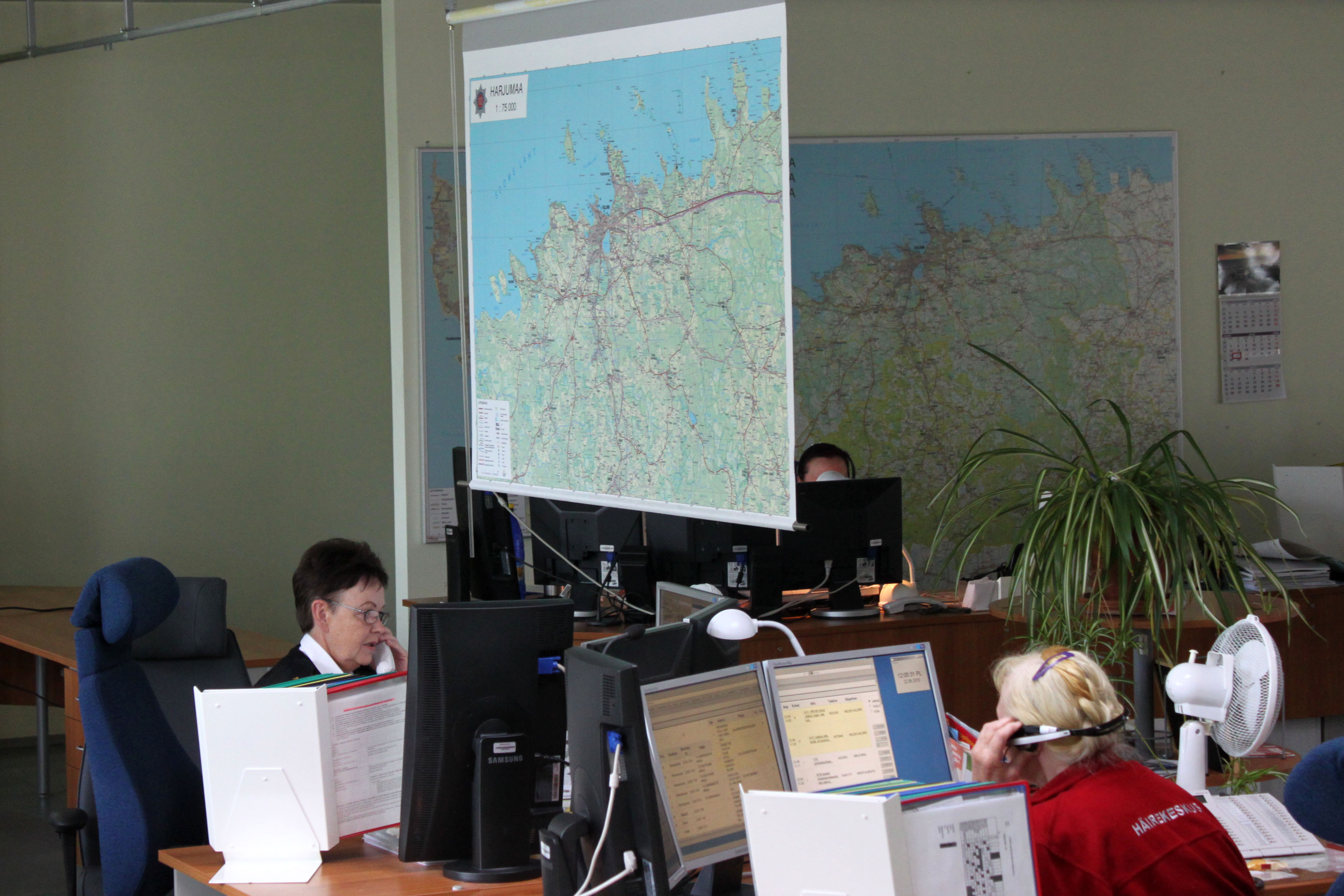
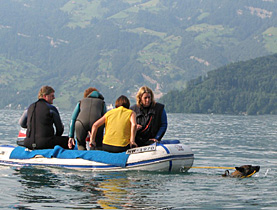
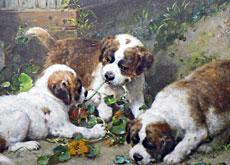
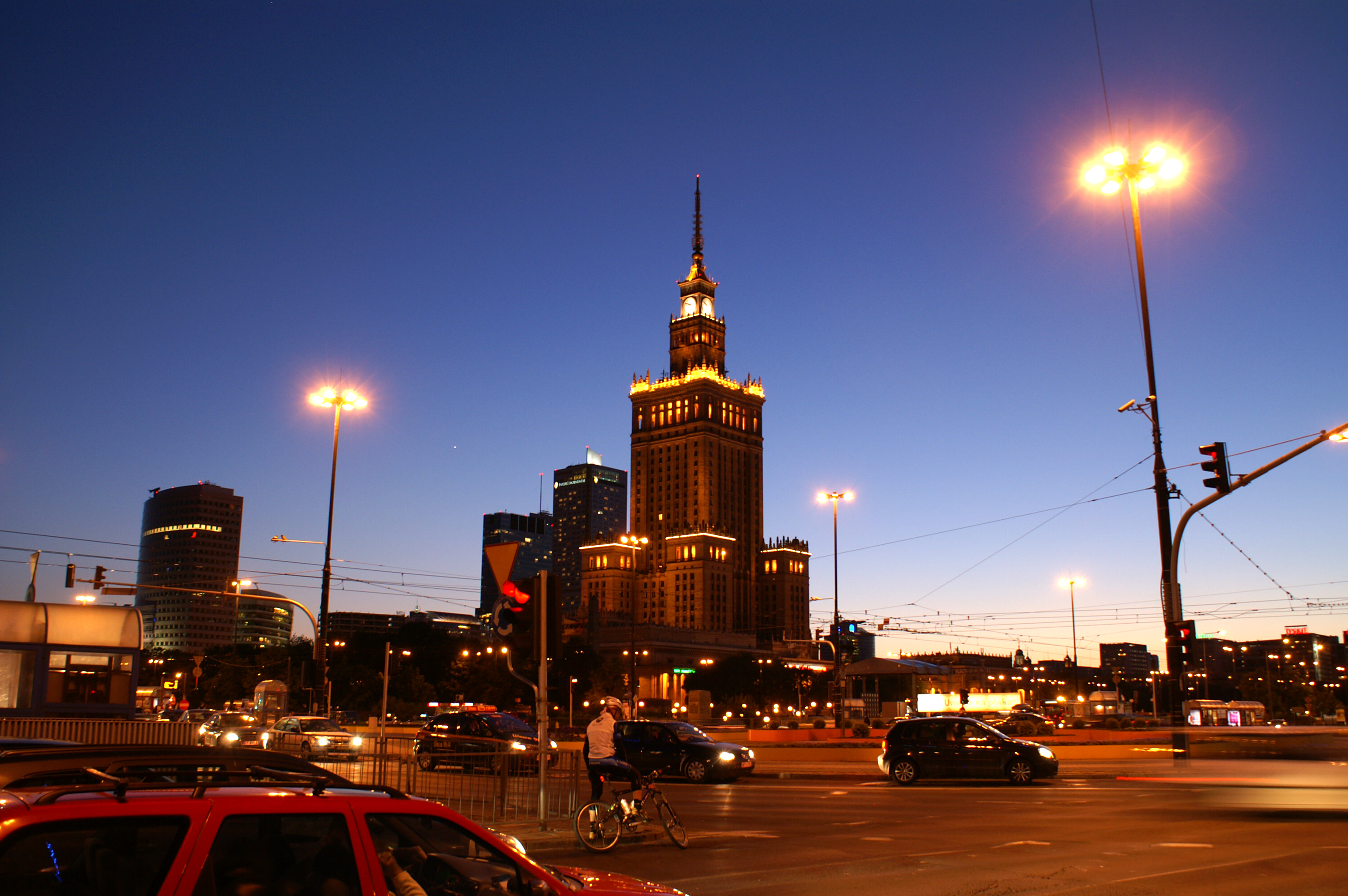
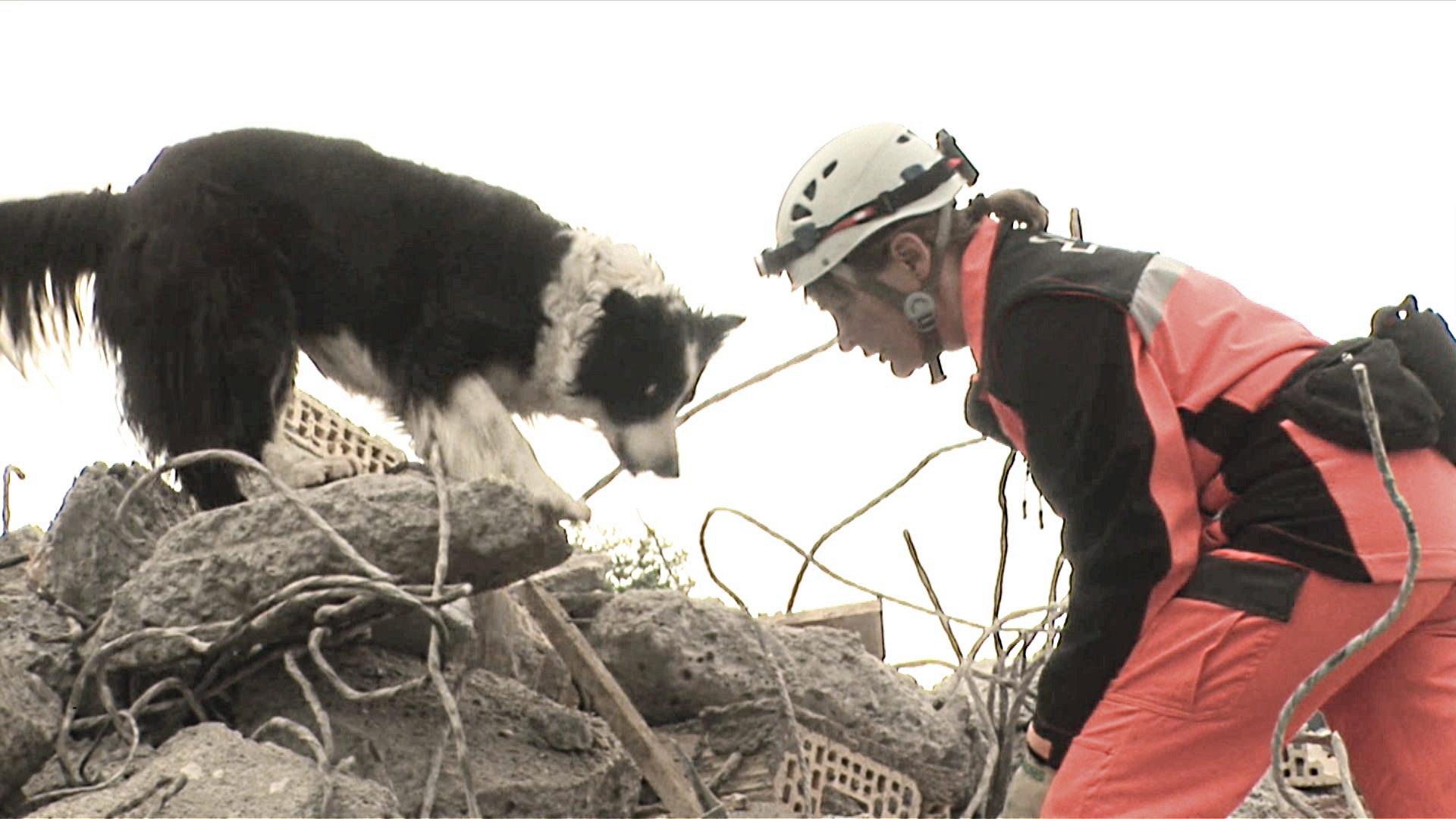
You can find an overview of ongoing debates with our journalists here. Please join us!
If you want to start a conversation about a topic raised in this article or want to report factual errors, email us at english@swissinfo.ch.